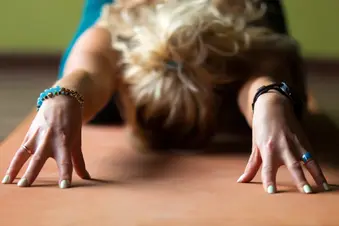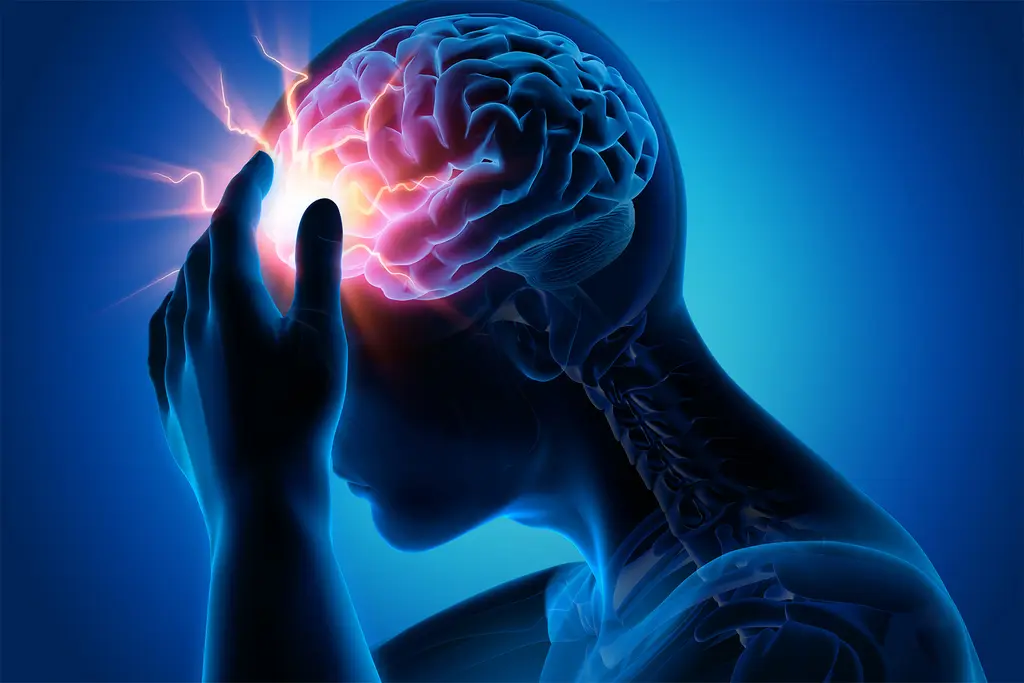
Looking for easy ways to manage your migraine headaches? These lifestyle hacks and nondrug treatments can ease pain or stop headaches before they start. Add them to your regular migraine treatment.
Curb the Caffeine
Coffee, tea, soda, and other caffeinated drinks may soothe headache pain. That’s because before a migraine, blood vessels are often too wide open. Caffeine can narrow them and relieve pain, especially if you add it to your migraine meds.
But for some people, caffeine can trigger a rebound migraine once its effects wear off. It’s fine to enjoy a cup of joe once in a while. If you get headaches often, it’s best not to make caffeine a daily habit.
Manage Your Pain Meds
Medications can relieve severe migraine pain. But if you take pain drugs more than twice a week, they can have the opposite effect. You can get a splitting headache from medication overuse. You might hear your doctor call this a rebound headache.
If you have migraines, any type of pain medicine used too often can trigger headaches. It isn’t just your migraine treatments.
If you stop taking pain meds, rebound headaches should go away over time. Let your doctor know if you get headaches after you take any medications. You may be able to find other ways to manage your pain.
Watch the Weather Forecast
Any kind of shift in the weather can trigger a migraine. Not just rainy days or cold snaps, but high heat, bright sun, wild winds, and humidity can bring on the pain in some people.
Why does this happen? Sudden weather changes can knock brain chemicals like serotonin off kilter and trigger a headache.
While you can’t control nature, you can keep track of expected weather changes and prepare for them. Watch your local forecast. Stay indoors on days of extreme weather if you can. Take a dose of migraine medicine at the first sign of a headache. Get enough sleep, eat nutritious foods, and exercise regularly.
Find Ways to De-Stress
Stress can set off migraines and other types of pain. Yoga, tai chi, meditation, breathing exercises, and prayer can all help reduce stress. Regular exercise is another way to keep stress at bay and prevent migraines.
Set a Sleep Schedule
Either too much or too little sleep can trigger a severe headache.
Create a sleep schedule to get back into a healthy slumber routine. Set a bedtime and a wake-up time. Stick to them as much as possible.
Reduce light in your bedroom to help you snooze. Keep any devices that have lit screens out of sight. Keep your room quiet and cool.
Track TMJ
Do you grind or clench your teeth at night? Tight temporomandibular joint (TMJ) muscles in your lower jaw could cause migraine pain. Watch for signs of a TMJ problem, like worn teeth; aching jaws; or pops or clicks when you move your jaw.
To ease jaw tension:
- Do some gentle neck stretches or massage the hinges of your jaw each day.
- If you chew gum, break the habit. Pop a mint instead.
- Sit up straight when you’re using a computer.
- Sleep on your back instead of your belly.
Explore Acupuncture or Acupressure
Acupuncture may help prevent migraines. It can be an alternative for people who don’t like to take migraine medicines or notice side effects when they take them.
In acupuncture, a practitioner sticks very thin needles into your skin at certain points. You may need up to eight acupuncture sessions to notice results.
If you can’t stand the thought of needles, try acupressure. It can also relieve headache pain. You just press down on your skin at specific points. You can learn to do acupressure on yourself at home.
Sniff Peppermint or Lavender
Strong smells may trigger a migraine in some people. Is there a way to block the stench of car exhaust or someone’s bad cologne?
Keep a vial of peppermint and lavender oils handy. Dab them on your skin and enjoy natural aromatherapy. Peppermint may ease pain for some people. Lavender might soothe anxious feelings.
Unwind With Yoga
Research shows that people who did yoga regularly for 3 months had fewer headaches. Yoga may also help ease pain, depression, and anxiety, make migraines less intense, and allow some people to take fewer headache meds.
Sprinkle Ginger Powder
Could a spice on your supermarket shelf cut migraine pain with fewer side effects than prescription drugs? We need more research to be sure, but one study of 100 people who have migraines with aura showed that ginger powder worked as well as sumatriptan, a common migraine drug, when used for one month. Ginger quickly made their headache less intense. They had fewer side effects than people in the study who took the drug.
Show Sources
(Photo Credit: fizkes/Getty Images)
SOURCES:
National Headache Foundation: “Can Aromatherapy Help With Migraine?” “Does Caffeine Trigger or Treat Headaches?”
Mayo Clinic: “Medication overuse headaches,” “Migraines: are they triggered by weather changes?”
Office on Women’s Health: “Migraine.”
Harvard Medical School: “Six relaxation techniques to reduce stress.”
The Migraine Trust: “Sleep and migraine.”
Cleveland Clinic: “TMJ: How to Find the Relief for Your Aching Jaw (and/or Face or Teeth!),” “Your Jaw May Be to Blame for Your Migraine Headaches,”
American Migraine Foundation: “Mythbusters: Migraine Remedies,” “Spotlight on: Acupuncture and Migraine.”
Memorial Sloan Kettering Cancer Center: “Acupressure for Pain and Headaches.”
Headache: “Effectiveness of yoga therapy in the treatment of migraine without aura: a randomized controlled trial.”
Archives of Neuropsychiatry: “The Use of Complementary and Alternative Medicine in Patients With Migraine.”
Phytotherapy Research: “Comparison between the efficacy of ginger and sumatriptan in the ablative treatment of the common migraine.”
